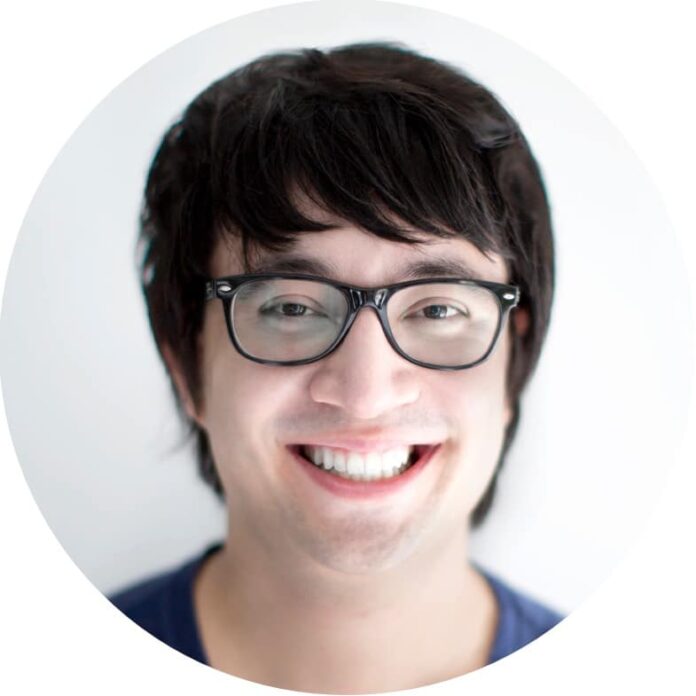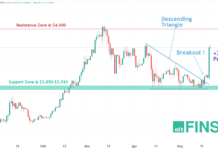Acorn Collective aims to change the world of crowdfunding, or, as their marketing material says, ‘to crowdfund crowdfunding’. When asked what this means, CEO Moritz Kurtz, said: “Just that. Have you ever tried crowdfunding?” and when I said had and confessed I had been spectacularly unsuccessful, Kurtz got very animated.
“You realize that crowdfunding is skewed to developed countries? Most of the major ones – Kickstarter and Indygogo – only cater for a limited number of countries. Kickstarter, for example, only operates in 22 countries, most of which are western except for Mexico. If you are in a developing country, where access to alternative forms of funding is even more critical, you don’t stand a chance.
“Moreover, the big platforms are very selective about who gets to post their project, and take large fees for the industry, sometimes as much as 10% when including transaction charges. The big platforms fund-raise to set up their systems, but that means they are answerable to their shareholders.
“Our vision is to build a crowdfunding platform that is free to use for founders and is available pretty much anywhere in the world to legal projects.”
“We will have a governance committee to review submissions, take a basic check on the legality or otherwise put the project to a community vote.”
Kurtz is half-German and half-Chinese, and spent much of the last 20 years in Hong Kong where he worked as a medical anesthetist. In his spare time, he enjoyed exploring entrepreneurial projects.
“I am not a coder and the specifics of programming do not interest me.” he says from his Bristol office, to where he relocated to run the Acorn project. “However, I am very excited about what technology can offer, and in this case the blockchain technology is what is driving this project.”
Kurtz was familiar with crowdfunding projects in the past and has backed diverse projects in audio, consumer products, and clothing. “The rewards may have taken six months to arrive but they were totally worth it.” he says.
Crowdfunding on the blockchain
“What appeals to me about the blockchain technology is the cheapness of transactions. I saw what it could do and it became a dream for me to create a company that made money but which also did good. This is my driving force.”
A lot of the thinking behind Acorn is grounded in the experience of team member Helene Boscardin, its social initiatives director. She has deep experience of working as an NGO out in the field and has first-hand experience of witnessing funding not reaching the right people, being used as a PR experiment by corporates or lost down rabbit holes.
“If we can help the right people directly then we can achieve so much more.” says Kurtz. “By reaching out directly to communities and projects that need help we can support social enterprise. This is one of our main goals.”
Dates to note
Acorn is starting its pre-sale on Monday 29th January. They aim to fund-raise $5 million. “We need the initial funding to build the platform.” says Kurtz. “After that we have a goal of raising $50 million. It is a lot but we intend to do a lot with it.”
Without taking fees, the platform will raise monies in other ways and aims to become self-sufficient, much in the same way as their target projects aim to be.
One of the main ways to raise money will be via the provision of auxiliary crowdfunding services available for purchase by the founders – none of which are compulsory. Acorn will sell advertising space on the platform, and monetizing platform data is another potential resource.
A marketplace will be established with founders able to list their products without any fees – but other companies or individuals can also list their products and pay a listing fee.
The initial funding is part of a Project Inventive Fund, to support early adopter founders, giving them partial grants to fast-track their success. Early adopter backers will be rewarded with free tokens so they back more projects.
“We aim to keep the overheads down” says Kurtz. “Economists are predicting that crowdfunding will overtake venture funding in the next two years. In our forward-future modelling, we only need to capture 2.5% of the current crowdfunding market to be successful.”
With the global market for crowdfunding estimated to be in the region of $34.4 billion in 2015 the Acorn Collective could end up as a mighty oak.















